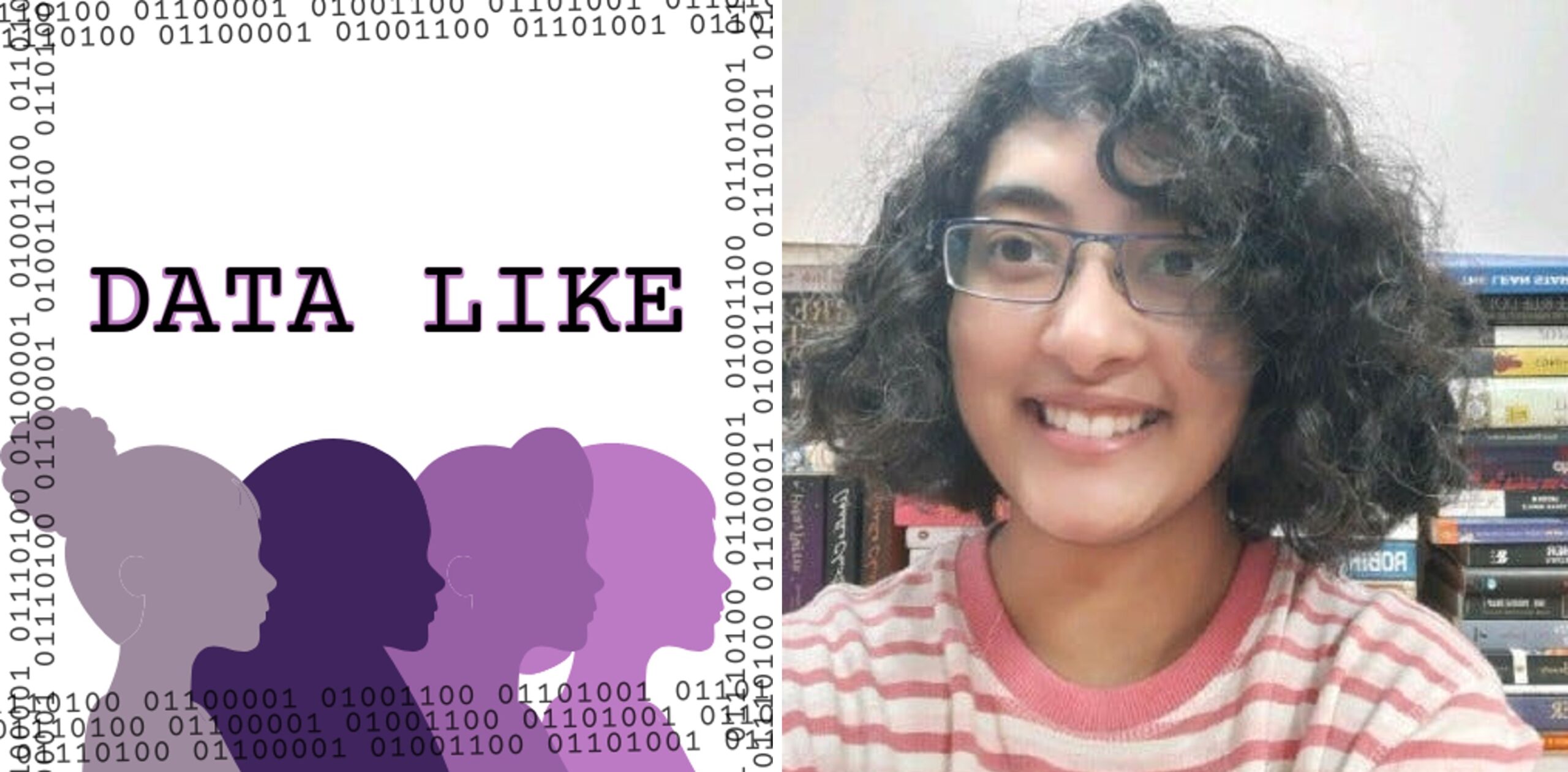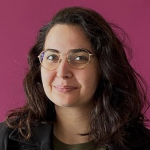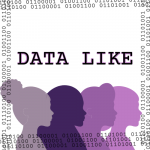
ΑΙhub.org
DataLike: Interview with Sarah Masud

Sarah Masud is a fifth-year PhD scholar at the Laboratory for Computational Social Systems (LCS2) at the Indraprastha Institute of Information Technology, Delhi (IIIT-D). Her research analyses the spread of hateful content on the Web.
She holds the prestigious Google PhD Fellowship (2023-present) was previously awarded the Prime Minister’s Doctoral Fellowship (2020-2023). As part of her PhD, she has authored publications in top-tier venues, addressing the analysis of hateful content in online forums.
She serves on AnitaB.org’s AI Membership Committee and is a Journal of Open Source Software reviewer. Before her academic pursuits, Sarah worked as a data scientist in developer tooling at Red Hat, Bangalore, for 2.5 years.
How did you learn about data science, and what inspired you to pursue this career?
Let me kickstart this conversation with my version of the Animal Farm quote: “All data points are important, but some are more important than others.”
While I do not remember the exact chain of events, I do remember that when I was in my undergraduate program, I tried my hands at various projects. Several failed endeavors later, I stumbled across data science. I attended a few lectures and seminars where the speakers discussed data science applications for their work. After reading up on data science, I figured that the applied nature of work, combined with my love of performing extensive experiments, statistical analysis, and storytelling, was worth exploring further. Being an avid reader and always fascinated by the play of words, I was innately drawn to data science applications in natural language processing (NLP) and eventually to social computing. Luckily, from my undergraduate days till now, all my projects have further increased my fascination with the field.
How was your transition from industry to academia? What do you find interesting between the two, and why did you stick with academia?
I always knew I wanted to study more after my undergraduate and wanted to engage in more research-based roles. After 2.5 years of working in the industry, I made the hard decision to quit. It took me the next few months to focus on building my application for master’s programs. Initially, I did not see myself pursuing a PhD, but that changed after I spent six months as a research assistant at the Laboratory of Computational Social Systems (LCS2) at the Indraprastha Institute of Technology, New Delhi (IIIT-D). It made me realize how much I enjoyed the research rigor. LCS2’s track record of publishing top-tier research and IIIT-D research infrastructure provided a seamless transition to a full-time PhD program.
Meanwhile, around the same time, in early 2020, during the Citizenship Amendment Act protests in India, as a Muslim female, I witnessed how the voices of minorities were misrepresented and marginalized on social media platforms. During this tumultuous period, I seized an opportunity to delve into a PhD project focusing on online hate speech to contribute to social justice efforts through the lens of computer science. Given the subjective nature of the task I was working with and the lack of research in the Indian context of hate speech, collecting and manually annotating the datasets took a lot of work. There were phases of low productivity during COVID-19, where it felt impossible to continue working towards the degree. Support from my peers and mentors helped me stick to deadlines, and my efforts paid off in publications. However, it took us almost two years to publish our work on large-scale curation and modeling of hate in the Indian context.
Working on data science projects in industry or academia is a trial-and-error process to bridge the gap between research questions and research impact. In industry, outcomes are more clearly defined, and the feedback loop is faster, but the same is not true for academics. Plus, the disparity in salary structures in industry vs academia can financially strain a person’s ability to commit wholly to the research process.
What is social computing, and what is unique about working in this research area?
As the name suggests, social computing employs computational tools and frameworks to quantify different aspects of social engagements among humans in both the digital and physical space. It has application to any area that requires human-human interactions and is now moving towards human-AI interactions.
Social computing is an interdisciplinary field whose frameworks are underpinned by ML techniques and social science concepts.
The unique aspect of working with social computing projects is the lack of standard metrics and generalizable findings. While some standard techniques can be applied in the backbone, each research question requires an examination of different aspects of human behavior and digital infrastructure that need to be accounted for on a case-by-case basis.
Further, unlike other ML applications, social computing is not about establishing the next SOTA but rather uncovering unique social nuances or establishing connections between patterns in the digital and physical world.
What key milestones or turning points have shaped your career path?
Three events/turning points have primarily defined the person I am today:
- Joining the Bachelor of Engineering program at Jamia Millia Islamia. It allowed me to discover the stream within computer science I enjoyed more and introduced me to the world of open-source.
- Joining Red Hat full-time after completing my undergraduate degree. It provided an inclusive and inquisitive environment to hone my data science skills and strengthen my technical acumen in building and developing end-to-end ML systems.
- Joining the PhD program at LCS2, IIIT-Delhi. The last five years of my PhD have been a roller coaster ride, but they have allowed me to grow my technical, communication, and critical thinking skills.
These critical events helped build my tenacity to face new challenges head-on. Being associated with these organizations also allowed me to develop a more nuanced understanding of the techno-social landscape and contributed to enhancing my worldviews and independent thinking while propelling my career in the right direction with just the momentum I needed then.
If you could go back in time, is there anything you would do differently in your career?
It is challenging to pinpoint one specific event or action since I am where I am today as an outcome of all that has occurred in my career. I think I would spend more time tinkering with tools, techniques, and hardware and being less afraid of whether or not it immediately adds to my profile.
We thank Sarah for this interview! You can stay in touch with her and her cool work below.













